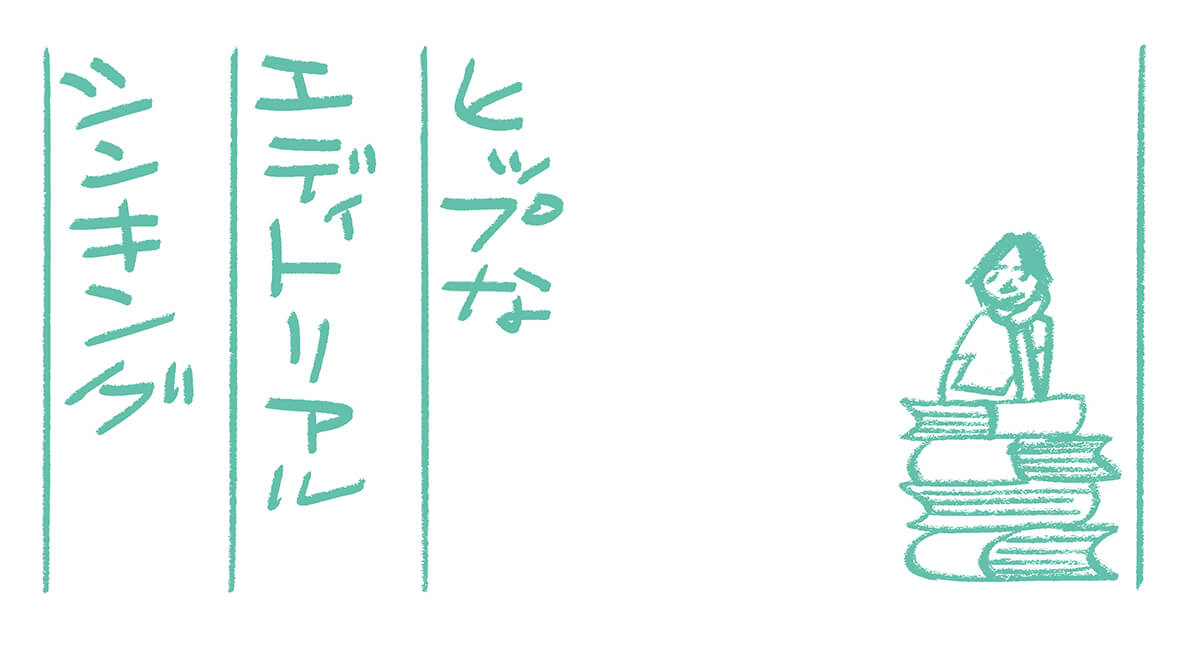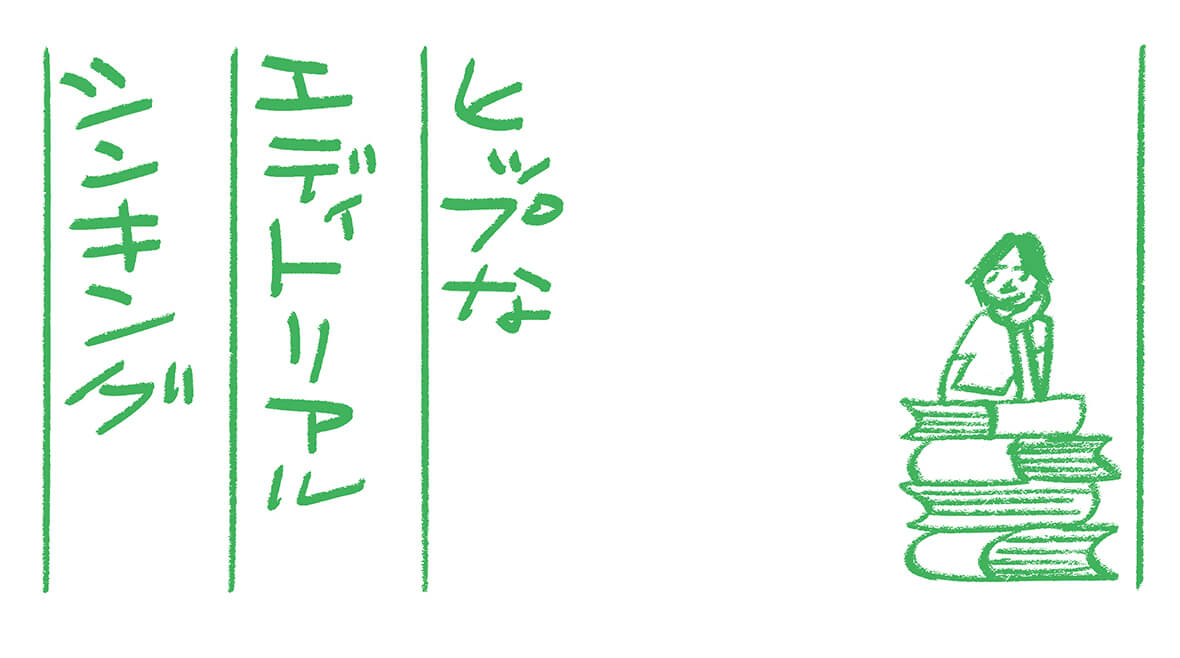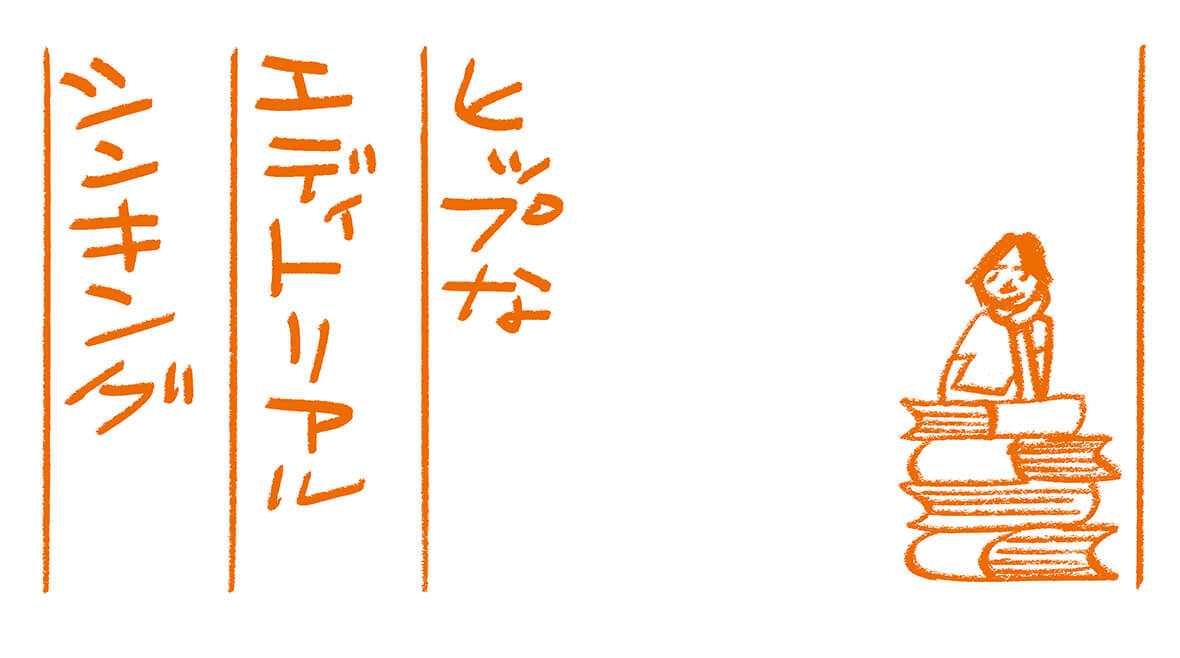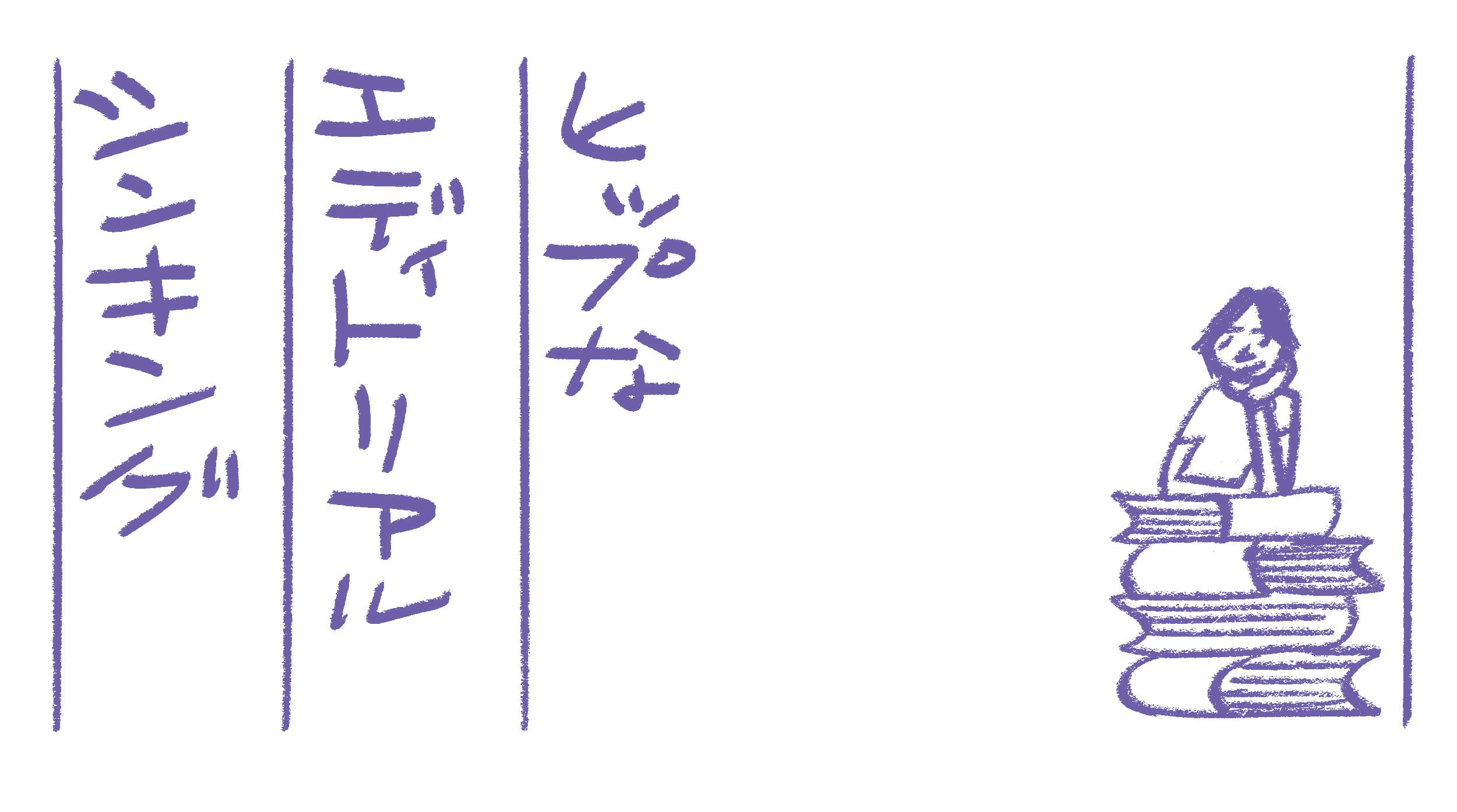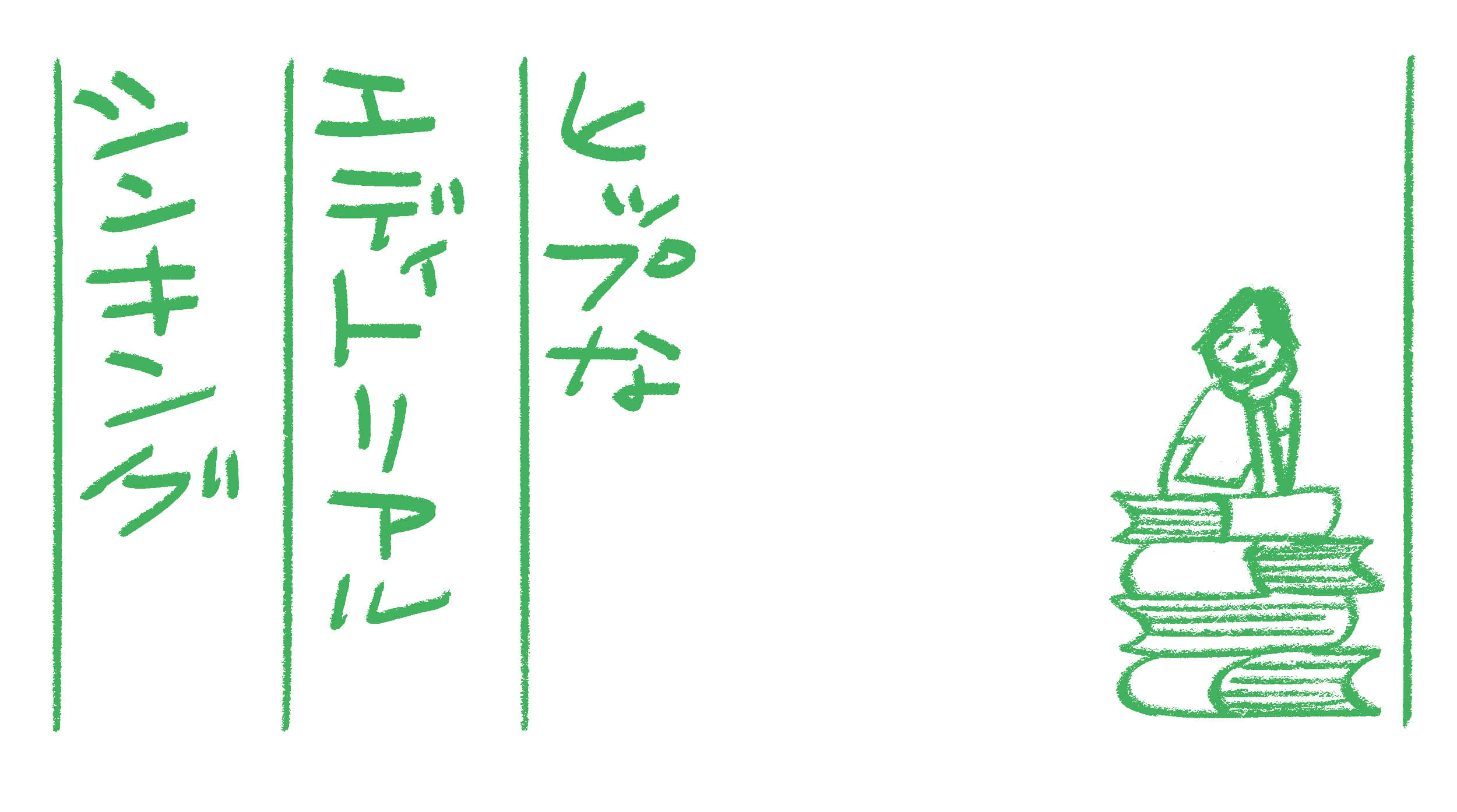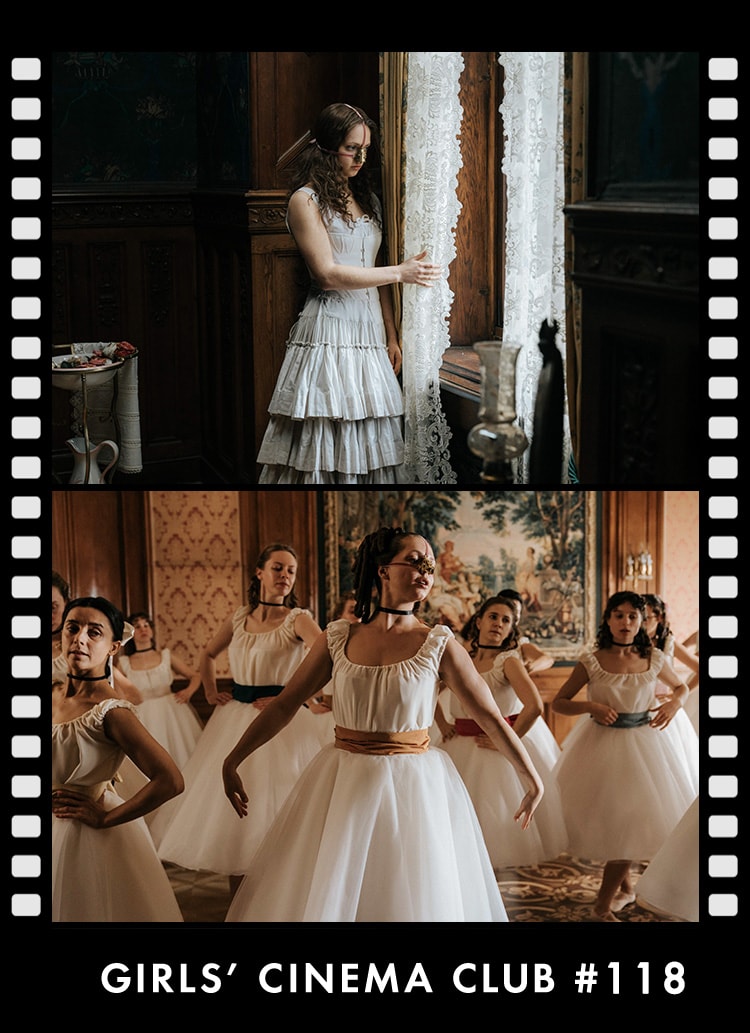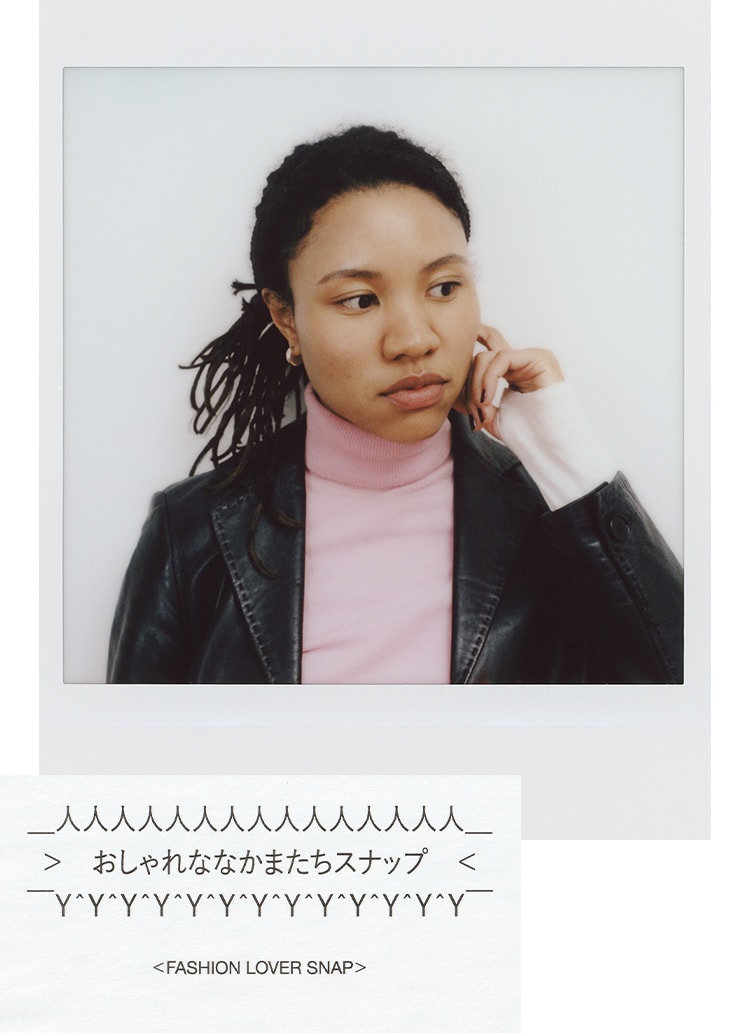The 15thWriting
I have read statements written by many different people.
I enjoy reading the books that are out there because they are filtered through the filter of editing, but I also have many opportunities to read raw manuscripts that have been written by various types of writers. Well, that is part of my job.
There are pleasant sentences, difficult sentences, pretentious sentences, good sentences, and bad sentences. It's subjective, but it's interesting to see the variety. A sentence expresses a person.
A good writer's writing has a good rhythm. As you read, what you want to say enters your mind easily, and it clicks into place.
It's hard to read a bad person's writing, because it's so stodgy and it's hard to understand what they're trying to say.
Sometimes I analyze what is good and sometimes I analyze what is not.
Especially the bad ones, I have to tell the writer or editor what is bothering me, so I have to find out where the problem is. I read it over and over to see what is bothering me and where the snag is.
In a way, this is good training for us as well. It is sometimes troublesome to have to read a lot, though.
Is it the words you choose, the structure of the sentence, the style, or even the idea or concept itself? I find the problem by thinking about how I would write it.
If it is a technical problem, you can point it out and have it corrected, but the problem is a sentence that misses the point you want to convey. Unfortunately, this is a problem from the very beginning, from the idea and the standpoint, so unfortunately, it means a rewrite.
Even if you are a good writer or an experienced writer, it is no good if your ideas are different. Ask them to rewrite it. This does not apply if you have their ideas in a signed manuscript.
We are native Japanese speakers who have been familiar with the Japanese language since birth, so we have never had to break down sentences structurally or think about parts of speech. However, when you are working as an editor, you have to be a little conscious of these things. Well, it's not often that I do.
This is something I realized when I started studying English and other foreign languages myself. New learning comes from unexpected things. Therefore, I think it is a good idea to study not only English but also other foreign languages from now on. There is always something new to discover.
On rare occasions, you may even be asked to read a piece of writing that does not stand up as a piece of writing. It is written by people who are not professional writers or editors. Or, the subject and predicate do not correspond to each other. It is what is called "not in Japanese.
This is common in longer sentences. Because of the use of abnormally long modified adjectives and the like, the subject becomes hazy and the predicate does not match.
Sometimes these things can be cleaned up by breaking up a sentence into several sentences and dividing it into multiple sentences.
Courage to stop reading a book you can't read?
As for reading, I have read everything from historical novels to domestic and international literature, the humanities, and topical works. I am a binge reader, always reading two or three books at a time.
I read novels very quickly. When I take the Shinkansen to the Kansai area and back, I read a paperback on the way there and back. This is fun.
When I get home, I have several books in the humanities that I have not yet read that I think will add color to my life. When I read a difficult book, rather than reading it at a leisurely pace, after reading a chapter, I reconsider the part I have read in my own way on the treadmill at the gym or something. This will help you understand the book more deeply and make the next chapter easier to understand.
If it is still too difficult for me to read, I stop halfway through. It's too early for me. Forcing myself to read it is a waste of time at the moment. I'll study a little more and come back to it.
Koji Meguro, publisher of HON no Zasshi, famously said, "Alcohol and women are the enemies of reading. I think he is right.
Alcohol makes your mind foggy and your memory weak. It is good for killing time, but not for reading for something useful. It often happens that the day after I read a book after drinking too much, I have to go back to the beginning to reread the same part of the book.
As for the woman, I don't have to explain.
That's why I read more than the average person, both on the job and for pleasure outside of it.
However, my reading experience is poor.
As a young man who had a rough childhood, I hardly read any books during my so-called "golden years" from the upper grades of elementary school to high school graduation. I didn't even open my textbooks because I was in and out of school. Textbooks are always shiny. I think I kept my notebooks for about three years.
I have never had the experience of working through philosophy books in my youth, and reexamining myself.
The Golden Age refers to the period when a child's motor skills are significantly developed. Whether or not the nervous system was able to exercise during this period makes a big difference in later athletic performance. In terms of age, it is from about 5 to 12 years old.
I suppose there is such a time for reading, but I may not be a good reader in that sense at all.
Even with that lack of taste, I started reading when I started my editing career, because I knew I couldn't go on like this. In other words, I was in my mid-twenties.
Up to that point, I had been working for a fashion manufacturer in a planning and PR kind of job, and had been friends with some of the magazine editors, and after I left the job, I was approached to help them with their work. I had a fair amount of expertise in fashion, so as one of the freelancers, it was just right for me to use.
I had been doing photography and other work up to that point, so there was no lack of affinity with magazine editing work, but again, the first time I wrote a piece of writing, it took quite a bit of time because it didn't turn out the way I wanted it to.
It might have taken me about one night to write a two-page spread.
Each magazine has its own rules and style. However, the principle rules are almost always the same. For example, the number of letters in the alphabet, the number of characters in the alphabet, and so on. Nowadays, manuscripts are input on a computer, but in the past, I used to write manuscripts in pencil on a 200-character manuscript paper called "Pella. Looking back on it now, that was a great thing.
I was a beginner who did not know how to handle forbidden words, and made elementary mistakes such as placing punctuation at the beginning of a sentence after a line break, and not knowing how to handle parentheses. Or perhaps it is something you learn in composition class at school. But I had never done such a thing before, so it was no use. But such minor mistakes, once they are pointed out to me, I never make them again.
It is a great asset that he pointed out in his first manuscript the mistakes that beginners tend to make, such as trying to use difficult words or wanting to use Chinese characters as much as possible, which he later pointed out to me.
I was taught by a senior colleague who invited me to this job that it is good to write plain sentences that are easy for anyone to read. He told me to use hiragana as much as possible, unless the text was difficult to read or could only be read in kanji.
But that was about all I was taught about how to write manuscripts in the beginning. The rest was up to me to find my own way.
That's when I started reading books.
The practice of writing is to imbibe the writings of those who are good at it.
I love you in Japanese
What does it mean to be good in writing on a medium like a magazine?
One of the most important aspects of writing in general is what you want to convey.
It is difficult to read if what is being conveyed is redundant and blurred, or if the subject matter is ambiguous and it is hard to tell who performed what action to whom.
However, it does not mean that it should be as well reasoned as a thesis.
There is a question, there is an argument, there is a claim, and then there is a rational explanation in order, with no waste, no emotion, and no order. It's cool to say that the writing is free of fluff, but it doesn't sound like much fun to read such a ramshackle-looking piece of writing.
In some cases, writing in a medium such as ours, it is better to use sentences that are a little more emotional, such as an essay. If a scene, impression, or description can be expressed in a figurative sentence, the message can be indirect and soft. It can also be poetic and emotionally charged.
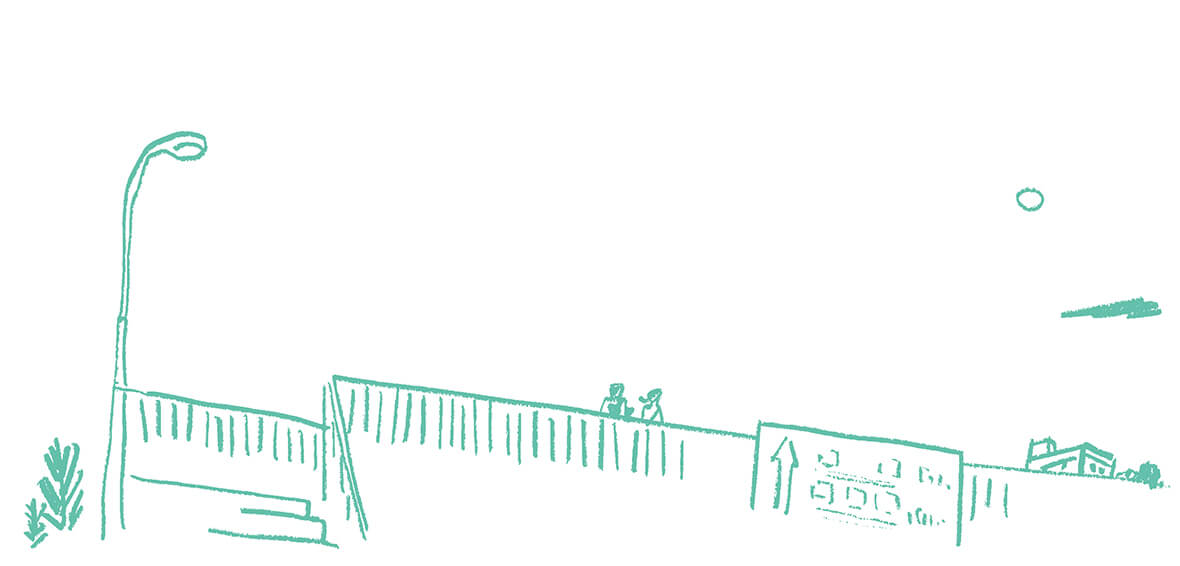
It was Soseki Natsume who translated "I love you" into "The moon is beautiful.
This is the kind of approach ad copy and magazine titles should be made for.
I would like to be able to focus on conveying the message in the text, but to do so in a humorous way, taking little detours like this, rather than just conveying it straightforwardly.
However, that is a story for well-developed manuscript writers. For beginners, the best thing to do is to spin what you want to say in your own words without thinking too hard. Techniques will follow later.
Nevertheless, since magazines have readers who buy books, they must entertain them. At the very least, it requires technique.
Although I have not written many manuscripts, I have read manuscripts by various writers and editors who have been doing this work for many years, and there are a few things I have noticed. I will list the main ones here.
I'm not cool.
People who are not accustomed to writing tend to be self-conscious and try to use harsh expressions and difficult words that are beyond their ability. Some people are shy about having their writing read, as if they are naked. That's why they try to put on armor. Please take off your armor. Try to keep your writing plain. Double is still fine, but it is hard to say that triple and quadruple negative sentences should not be hard to read.
Rhythm is everything
I think this is everything, whether it is a magazine manuscript, an essay, or a novel. A text that can be read easily has a good rhythm. I am sure many of you have struggled with books in translation that are difficult to read, and the rhythm is often poor. This may be because the subject is unnecessarily long, or because the original sentence is translated as it is. If you make the sentences shorter and add a rhythm of long and short sentences, it may become much easier to read.
In a newspaper interview, author Haruki Murakami also said, "Rhythm is a major factor among the various elements that make a novel attractive to people. A novel with a stagnant rhythm may be read for a long time by some people or for a short time by many people, but it will never be read by many people for a long period of time. Rhythm is important.
To create a rhythm, you have to work on it over and over. Read over and over again. If there is a gap in the rhythm, that is the gap. Smooth it out with putty. If possible, proofread while reading aloud.
Reference is made to body copy, such as newspaper advertisements. A manuscript written by a rare copywriter. That was just a light rhythm as if it had wings. It is a reference for creating leads for magazines.
Cliche in moderation.
I hate to say it, but it cheapens the writing. You may be under the illusion that you can use this phrase because you often hear it in sports newspapers and TV program scripts, but be more careful when using it than when using a phrase you have heard somewhere else.
I have heard that the so-called "narichu," or "the process is noteworthy," is prohibited for newspaper reporters. I still see it often.
Other examples include, "The curtain has been cut on Fatty," and "Fatty's future is promising. This is a big point," which is not used in a magazine.
What always bothers me about our medium is the long adjective + noun at the beginning of a sentence.
Founded in 1970 in San Francisco, there is no one who doesn't know about it among outdoor enthusiasts. I'm also concerned about the use of the word "◯◯," but I try not to use such big-headed noun expressions. I'm also concerned about expressions like "◯◯" (◯◯).
Also, "Fatty is tasting Fatty," "Fatty is acting with his body," "Fatty is cutting Fatty," etc. It hurts when you get cut.
Use of colloquialisms in Japanese and other colloquial languages
The style of writing varies from medium to medium and from writer to writer, but sometimes it can be broken up and a colloquial style inserted to create a sense of intimacy. However, rhythm is also important. If you feel uncomfortable while reading, it is a failure. Don't overdo it.
Unless something is difficult to convey unless it is an idiom, Yamato words are softer and easier to read if possible. Chinese idioms are fine for specialized books such as law books, but they are overstated for reading without elbow grease.
Or "read carefully" rather than "perused."
The writer's eye in an objective article.
The subject of a magazine article is neither "me" nor the personality "I". Its magazine case is the subject. No matter who writes it, it is unpleasant if this principle is not followed.
The opposite is the so-called signature manuscript. This is an essay or an enclosed column within an article. Otherwise, as a rule, the journal case is the subject.
It is good to write with an objective point of view, but this can lead to cold writing with no human skin. We want to include enough body warmth in our writing so that the reader will realize that there is someone inside.
Humor is important.
Since this is not a dissertation, it is okay to humorously embellish the story a bit, but write it in an interesting way. Lies are not allowed, but some exaggeration is safe.
It is rare that while writing a manuscript, the realization falls upon you that the end of a sentence will be closed in response to the sentence you have just written. In this case, it is better to immediately write it down on the side. If you leave it as it is, when you come to the end of the sentence, you often cannot remember what that punchline was earlier. I often can't remember. It makes me want to die.
Emulate good writing.
It is not good to copy a text at all, but if you find a text you like or like, you can read it over and over again to make the rhythm of the text your own, and practice making sentences with slight changes in words and phrases. Art students also start learning to draw by imitation.
Surprisingly, I feel like I have learned it just by reading it, but it is important to actually transcribe it, because when you actually write it down, you will discover this again. I will save the Heart Sutra until I am incarcerated.
. Don't forget to feel fresh!
I pull out "JK with curly hair ran as fast as she could" by Gabriella Yen Ichihara, a 21-year-old (at the time) university student featured in the "Voice" column of the Asahi Shimbun newspaper about three years ago. Shocking, I know, is an exaggeration, but I thought it was honestly nice.
It is the rainy season in the junior year of high school. The study for the entrance exam is in full swing, and the JK life spent with her favorite friends is over before dusk. Even so, she cannot compromise even for a day for the sake of her "cute me" in her last high school life.
So I really hated it. The rain taking away the half hour I spent on my curly hair on busy mornings. If I could, I would wear my curly hair and pink sweater to school every day like Ariana Grande. Mom bought me a special strong hair keeping spray, but if it rained, Ariana would be ruined.
There was a particular reason I wanted Friday to be sunny. The teacher in charge of the school was a male college student. He had bright brown hair, a nice scent, and was superb for a 17-year-old.
That unforgettable after-school day. I wrapped my curly hair in my hands and ran as fast as I could to escape the rain. But when I arrived at the school, my hair was perfectly straight.
As I took my seat, blurting out, "Oh, I wanted to see you in your cute state," the handsome man made a shocking remark. Following "You're in a different mood today," he said, "That's nice."
If I were to write with the intention of writing a good sentence, I would not be able to write such a sentence. It is a private diary-like text that I would never show to anyone. Therefore, it is full of unconventional youthful vigor and freshness. I am a man, so I don't have much sympathy for this sentence.
Remember that spoken sentences like this are sometimes used to create a sense of freshness. Everyone is being too serious. I don't mean that you should write like this, but I want to tell you that this sentence shook this old man's heart.
Observe the rules of notation.
Every medium has its own rules of notation. There are so many that I can't remember them all, but let's try not to make a basic mistake the first time but not the second: ¥1,000 or 1,000 yen, White Mountaineering or White Mountaineering, etc. In general, the media will set the rules. As a rule, the media side sets the rules for the notation. We understand the other party's convenience, but we try to follow our rules as much as possible.
As with anything, the more you do it, the better you get at it. Just as the more you play, the better you get at playing the guitar. The more you write, the better you get at writing.
I have been writing this Series for more than a year, but I think it is time to end it. It has become an unremitting Series, in which I am not sure what part of the content is editorial thinking. My original plan was to use the trendy "XX thinking" to attract public attention, but I came up empty.
This Series was originally intended for recruiters who are interested in our company. I don't know which year's graduates they're addressing by continuing to linger on.
So I will put my pen down for now. I hope to see you again in some other form.
PROFILE
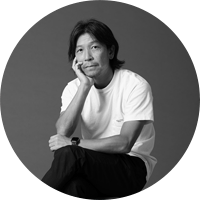
After working as a freelance editor, he founded Lino Inc., a production company that handles editing and production, etc. In 2004, he launched HOUYHNHNM.


